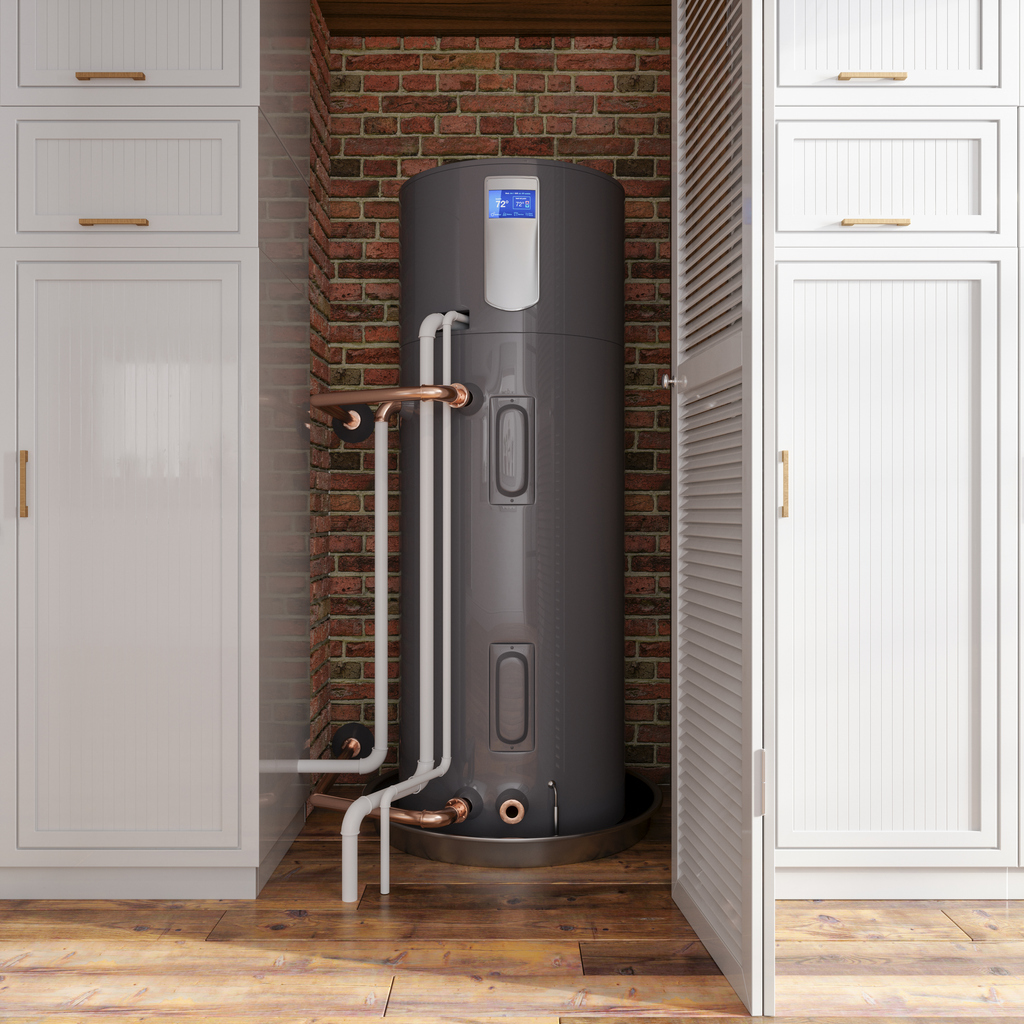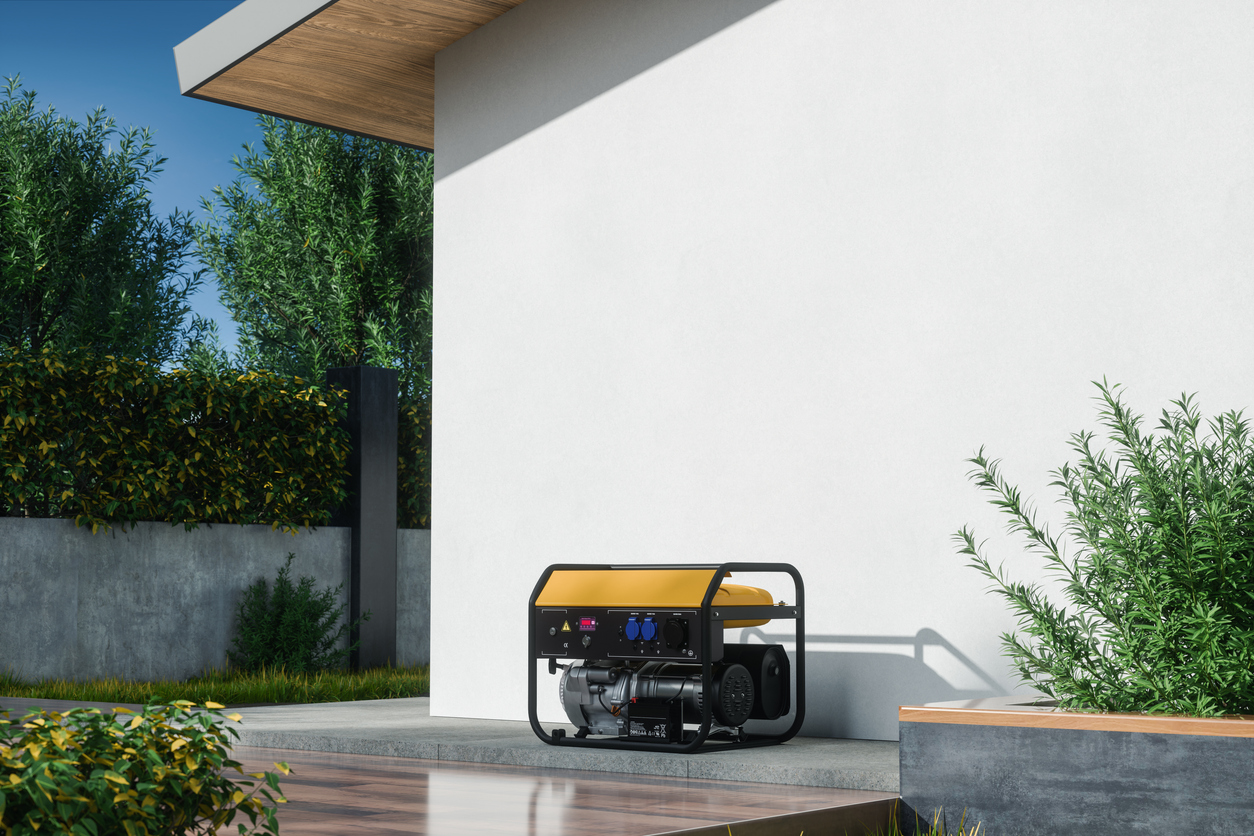Replacing an old home boiler is a significant home improvement project that can increase energy efficiency, reduce heating costs, and improve overall comfort. Understanding the process, benefits, and factors involved in choosing a new boiler is essential to making an informed decision. This guide explores the key aspects of replacing a home boiler, from recognizing the signs of boiler failure to selecting the right model.

Recognizing the Signs of a Failing Boiler
Boilers are the heart of a home’s heating system, and their failure can cause discomfort, high energy bills, and even safety hazards. Common signs that a boiler is nearing the end of its life include frequent breakdowns, unusual noises such as banging or whistling, and inconsistent heating. If the boiler is older than 15 years, it is likely operating at reduced efficiency, and replacing it could provide long-term savings. Additionally, if your energy bills are steadily increasing, despite no change in usage, this could be a sign that your boiler is struggling to maintain its performance.
Addressing these issues early by replacing the boiler can prevent the need for emergency repairs, which are often more costly.
Benefits of Replacing an Old Boiler
There are several advantages to replacing an aging or inefficient boiler. One of the most significant benefits is energy efficiency. Modern boilers are designed to be much more efficient than older models, often reaching efficiency ratings of over 90%. This translates to lower energy bills and a reduced carbon footprint, which is becoming increasingly important as more homeowners look for ways to make their homes eco-friendly.
Improved reliability is another benefit. New boilers are less likely to break down, reducing the need for frequent maintenance. Modern systems also offer more precise temperature control, resulting in a more comfortable and consistent indoor climate. Additionally, many newer models come with warranties, providing peace of mind that any issues will be covered for a certain period.
Choosing the Right Boiler for Your Home
Selecting the right boiler for your home depends on several factors, including the size of your home, your heating needs, and your budget. The three main types of boilers to consider are combi boilers, system boilers, and conventional boilers.
Combi boilers are a popular choice for smaller homes with limited space, as they provide both heating and hot water without the need for a separate water tank. System boilers are ideal for homes with higher hot water demand, as they work with a separate hot water cylinder. Conventional boilers, also known as heat-only boilers, are best suited for larger homes with traditional heating systems.
It’s essential to consider the efficiency rating of any new boiler. Look for models with an A-rating under the Energy-related Products (ErP) directive, as these boilers are the most efficient on the market. The size and power output of the boiler should also match your home’s needs. A boiler that is too small will struggle to heat your home, while one that is too large will waste energy.
Professional Installation: A Key to Success
While replacing a boiler may seem straightforward, it is a task best left to professionals. Proper installation is critical to ensure the system operates safely and efficiently. A qualified heating engineer will be able to assess your home’s heating requirements, recommend the best type of boiler, and install it according to safety regulations.
It’s also worth considering upgrading your heating controls during installation. Adding a programmable thermostat, smart controls, or thermostatic radiator valves can further improve energy efficiency and comfort. These systems allow you to adjust heating schedules and temperatures remotely, ensuring your home is heated only when necessary.
The Cost of Replacing a Boiler
The cost of replacing a boiler varies depending on the type and size of the unit, as well as the complexity of the installation. On average, homeowners can expect to spend between $3,000 and $5,000 on a new boiler, including installation. However, high-efficiency models and additional features, such as smart controls, can push this cost higher.
While the initial cost may seem steep, the long-term savings on energy bills can offset the expense. Many homeowners recoup the cost of their new boiler within a few years due to reduced heating costs. Additionally, some governments and local authorities offer grants or incentives to help cover the cost of replacing old, inefficient boilers with energy-efficient models, making the upgrade more affordable.
Maintaining Your New Boiler
Once your new boiler is installed, regular maintenance is key to ensuring it continues to operate efficiently. Most manufacturers recommend annual servicing, which typically includes cleaning components, checking for leaks, and testing the system’s safety features. Regular maintenance not only extends the life of your boiler but also helps maintain its efficiency, keeping your energy bills low.
Additionally, regular servicing can catch any minor issues before they become major problems, reducing the risk of costly repairs. Be sure to keep a record of all maintenance and servicing, as some warranties may require proof of regular service in the event of a claim.
Final Thoughts: The Importance of Replacing a Boiler
Replacing a home boiler is a significant investment, but the benefits of improved efficiency, reliability, and comfort make it a worthwhile project for many homeowners. By recognizing the signs of a failing boiler, choosing the right model, and investing in professional installation, you can ensure your home stays warm and comfortable while saving money on energy bills.
Whether you’re upgrading for energy savings or because your old boiler is no longer reliable, taking the time to research and plan the replacement process will help you make the best decision for your home.


